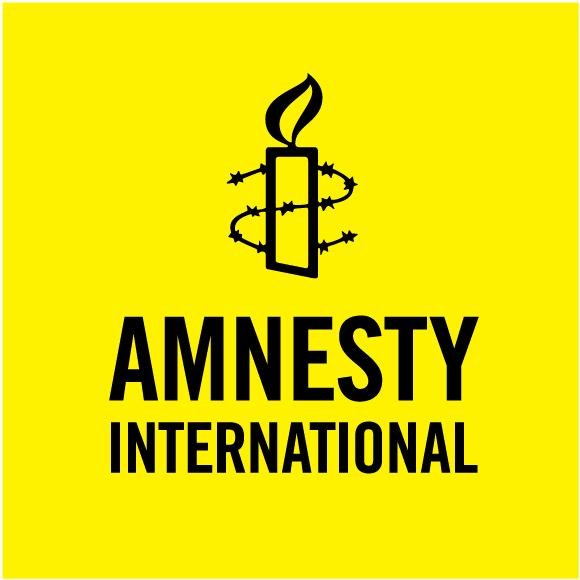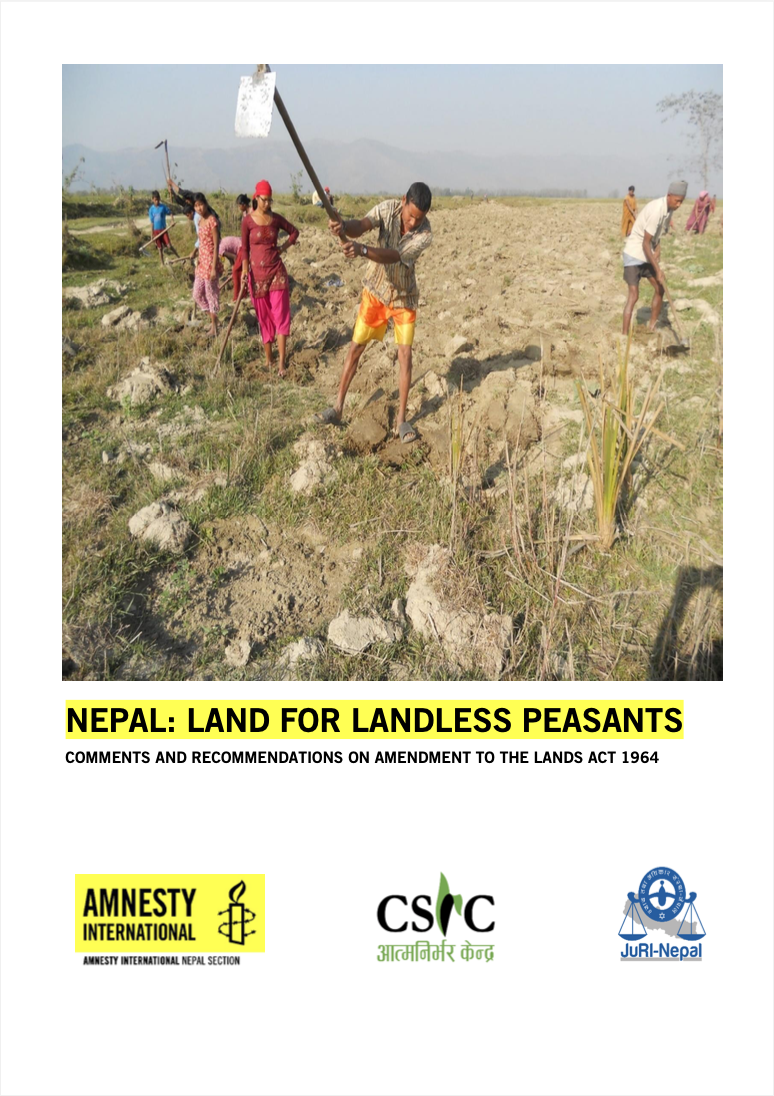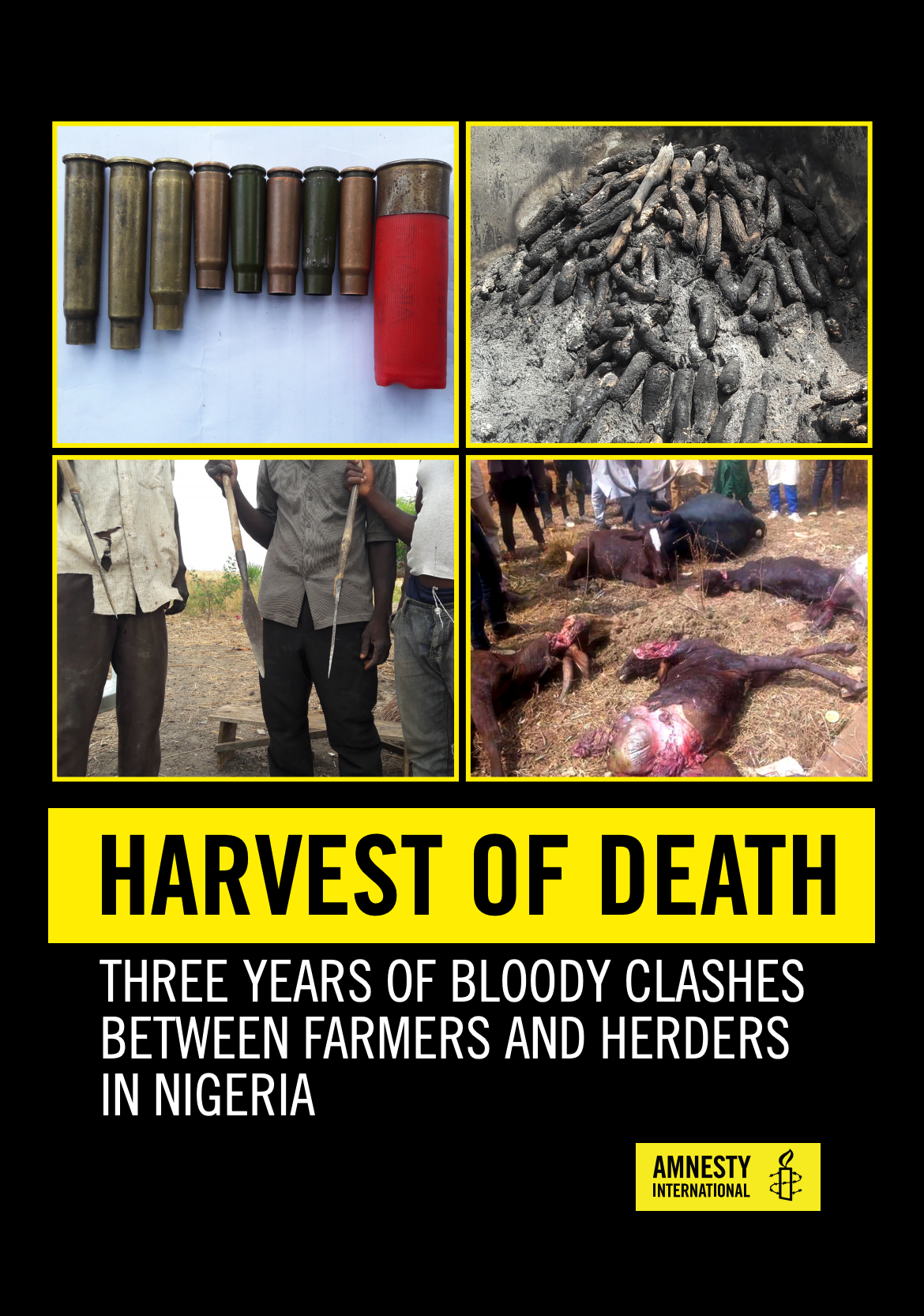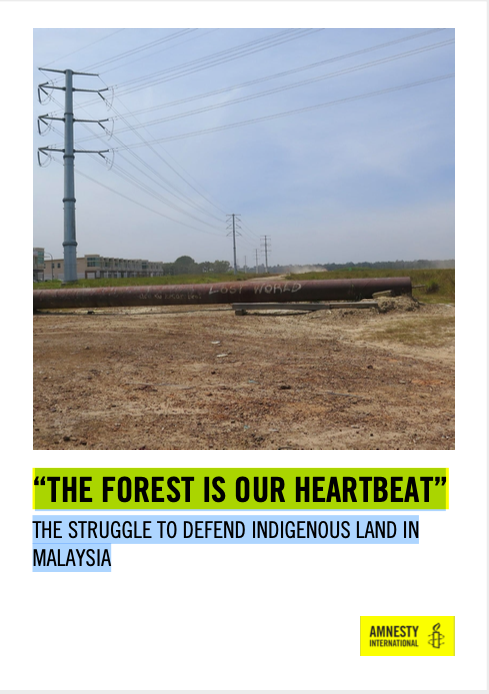Amnesty International is a global movement of more than 7 million people who take injustice personally. We are campaigning for a world where human rights are enjoyed by all.
We are funded by members and people like you. We are independent of any political ideology, economic interest or religion. No government is beyond scrutiny. No situation is beyond hope.
Few would have predicted when we started that torturers would become international outlaws. That most countries would abolish the death penalty. And seemingly untouchable dictators would be made to answer for their crimes.
What does Amnesty do?
We investigate and expose the facts, whenever and wherever abuses happen.
We lobby governments, and other powerful groups such as companies. Making sure they keep their promises and respect international law.
By telling the powerful stories of the people we work with, we mobilize millions of supporters around the world to campaign for change and to stand in defence of activists on the frontline.
We support people to claim their rights through education and training. .
We are introducing a new, global way of working – with a distributed centre and Regional Hubs of research, campaigns and communications – because we owe it to the people we work for to be the most effective force for freedom and justice that we can, globally.
As we develop this process – in line with the long-held desire of our international membership – we will post regular blogs, articles, stories and personal accounts to explain what is happening, and why it is important to those on the human rights front line.
Members:
Resources
Displaying 1 - 5 of 32The End of Cattle’s Paradise: How Land Diversion for Ranches Eroded Food Security in The Gambos;Angola
Two new papers by Sandra Bhatasara and Kirk Helliker on land occupations in Shamva and Bindura Districts;Mashonaland Central;are analysed. They offer nuanced accounts of what happened. As previous studies have shown;the story is not straightforward. Includes history and memory;organising occupations;the occupiers;rise of the party-state;why does this history matter? Concludes that together these two papers shed important light on the land occupation period.
Nepal: Land for Landless Peasants
ABSTRACTED FROM OVERVIEW:
The Lands Act 1964 was the first comprehensive piece of legislation which came into existence to pave the way for land reform. Key objectives of the Act were a) enhancing the standard of living of people dependent on land including through ensuring “equitable distribution of agricultural land”; and b) securing rapid economic development and wellbeing of the general population through attaining optimum agricultural growth.
Nigeria: The Harvest Of Death - Three Years Of Bloody Clashes Between Farmers and Herders in Nigeria
This report documents the violent clashes between members of farmer communities and members of herder communities in parts of Nigeria, particularly in the northern parts of the country, over access to resources: water, land and pasture. It also documents the failure of the Nigerian government in fulfilling its constitutional responsibility of protection of lives and property by refusing to investigate, arrest and prosecute perpetrators of attacks.
"THE FOREST IS OUR HEARTBEAT"
Defenders of Indigenous land in Malaysia are targeted, singled out and face opposition from state authorities and private individuals when they speak up. These abuses have further disenfranchised Indigenous communities in Malaysia, marginalising them socially and harming them economically. The report examines the struggles human rights defenders of Indigenous peoples have endured as they have sought to claim their right to Indigenous lands, and the steps that should be taken by the government to ensure that they are given the protection they deserve.
Myanmar: "My world is finished". Rohingya targeted in crimes against humanity in Myanmar
Early in the morning of 25 August 2017, members of a Rohingya armed group, the Arakan Rohingya
Salvation Army (ARSA), attacked approximately 30 security force outposts in northern Rakhine State.1 In its
response, the Myanmar Army, rather than targeting ARSA, launched an attack on the Rohingya population
in northern Rakhine State as a whole. Often working with Border Guard Police (BGP) and local vigilantes, the
military has carried out a campaign of violence that has been systematic, organized, and ruthless.






